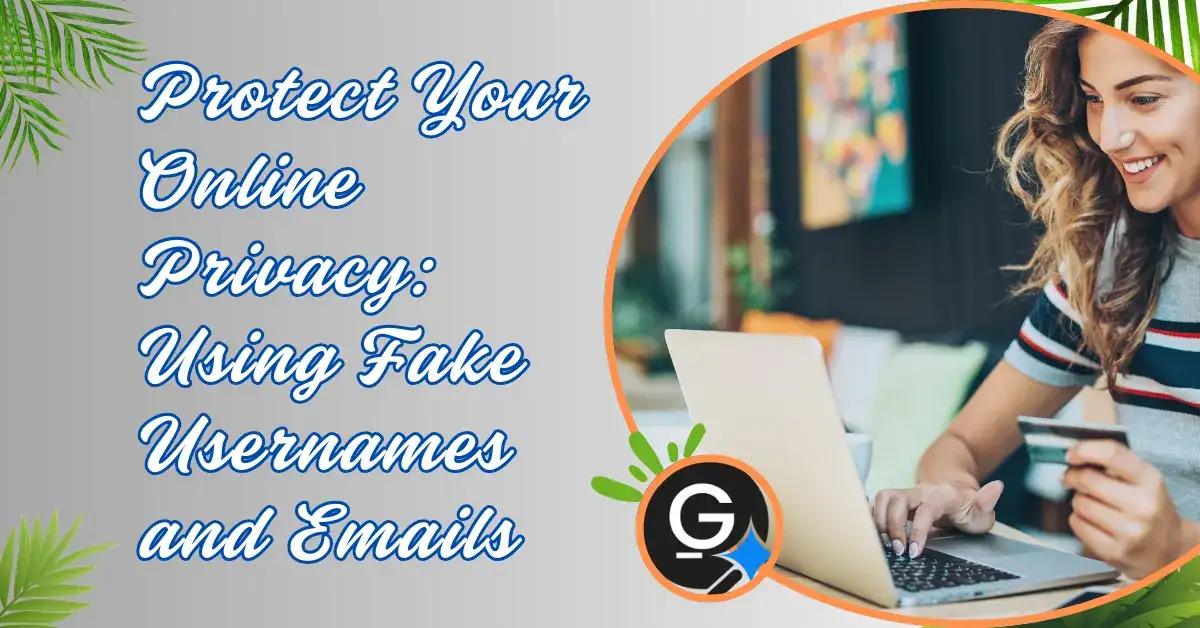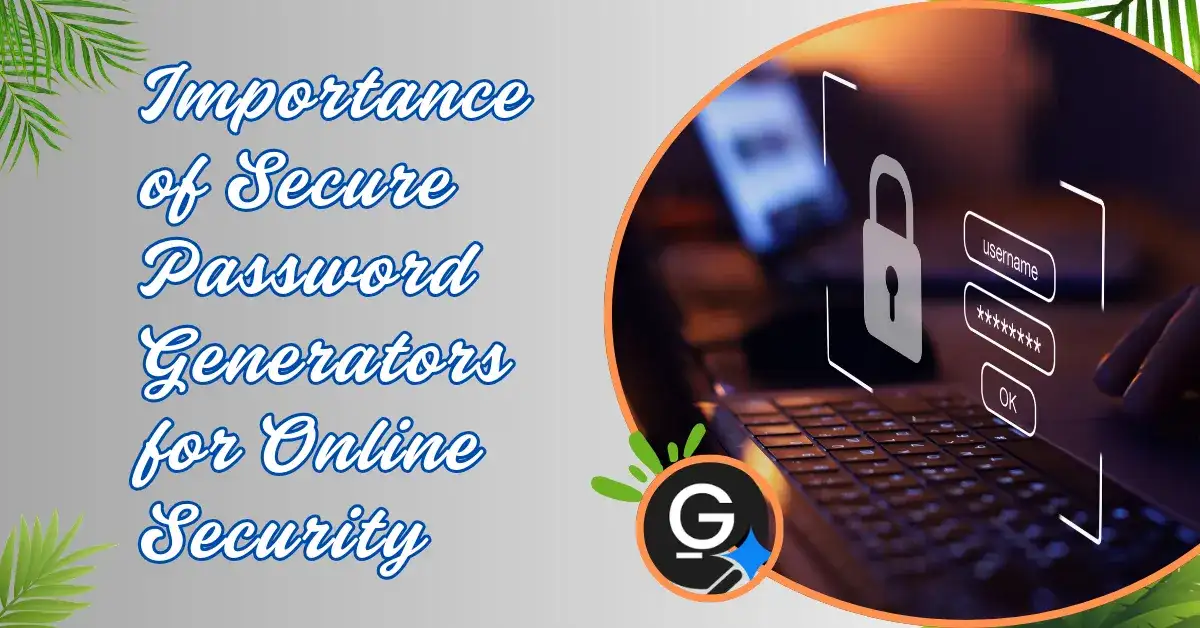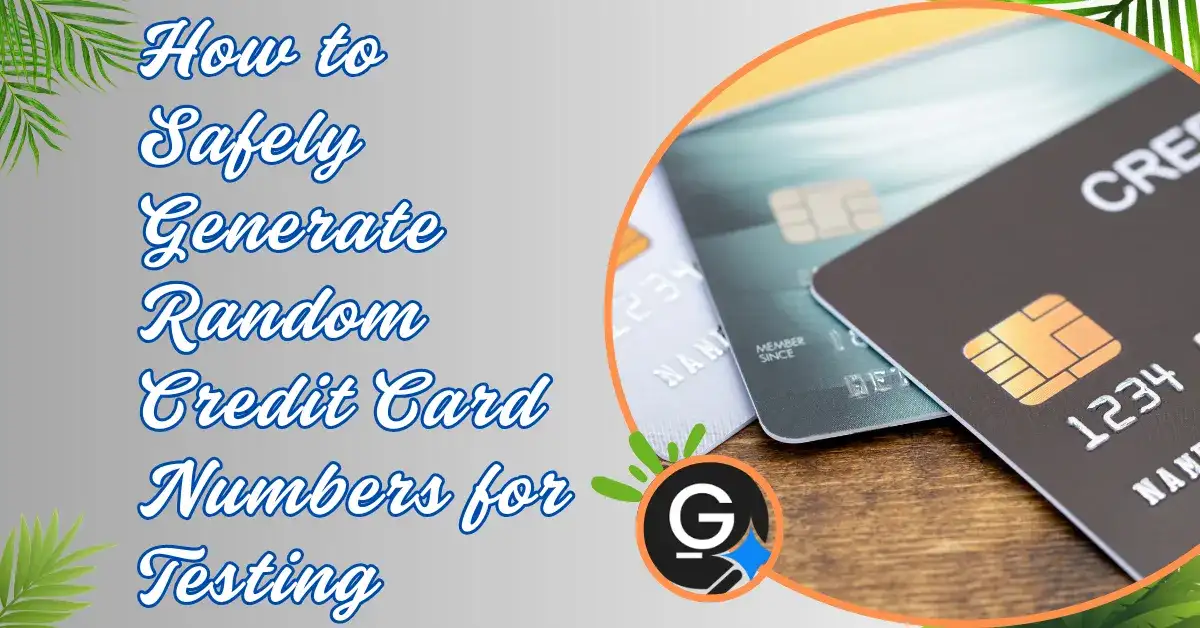Instead of using your real name, many folks opt for fake names when signing up for online services. It is a common attempt to safeguard their identity. However, here's the catchâthis tactic doesn't keep companies from tracking your online activities. But fret not, there's a better way! You can easily minimize tracking by using an alternative or fake email address. Yes, it is that simple, yet highly effective.
You see, almost every move you make on the internet, from searches to website visits, even the people you interact with online, is constantly being tracked and shared by those big technology companies. So, next time you sign up for a new service, consider going incognito with a fake email address. It is a smart step towards maintaining a level of privacy in this tech-driven world. Remember, your online activities should be in your control! Stay safe out there!
Understanding Online Privacy Risks
Data has become the modern-day currency, and unknowingly, we surrender it by simply accepting the terms and conditions of the numerous services we use daily. If we delve into the privacy policies of these companies, it becomes apparent that our data is being sold to various third parties.
Interestingly, none of this data is associated with our names; we are merely anonymous numbers to these companies. This anonymity serves some purpose, but it also facilitates the selling of our data to marketers, enabling them to target us with relevant advertisements. A major contributor to this data sharing is the companies we interact with regularly. While Google's array of apps may be beloved, its primary source of revenue comes from advertising.
When we sign up for these services, we knowingly allow them to compile our data to enhance our user experience. This compilation helps them serve us ads that align with our interests, which benefits both the companies and us. We get to discover things that genuinely appeal to us, rather than being bombarded with irrelevant products.
However, this accumulation of data also poses a risk, as scammers can exploit it. Armed with knowledge of our preferences and behaviors, they may send phishing emails or employ other deceitful tactics. If we fall into their trap, they can gain access to even more sensitive information, leading to identity theft and financial loss.
The question arises: How do scammers get their hands on our data? Well, some data brokers willingly and knowingly sell it to them. Although not all data brokers are involved in such practices, there have been lawsuits addressing this issue in the US.
Given the profitability of handling data, the market is flooded with data brokers. Companies like Google are massive players, while others operate on a smaller scale. Their modus operandi involves aggregating information from various sources, processing and cleansing it, and finally, analyzing it before selling it to interested parties.
Benefits of Fake Usernames and Emails
Have you ever thought about how valuable data has become these days? It's like the new currency, and we often give it away without even realizing it. You know those lengthy terms and conditions we mindlessly accept while using various services every day? Well, those agreements often allow our data to be sold to third parties.
Interestingly, when our data is sold, it is not associated with our names. We are just reduced to being anonymous numbers. This "anonymity" might serve some purposes, but it primarily facilitates the process of selling our data to marketers. This way, they can bombard us with targeted ads.
The companies we interact with regularly are among the main culprits. Take Google, for instance; we all love their countless apps, but their major revenue stream comes from advertising.
Email plays a significant role in connecting our identities across different sites and activities. With the internet moving away from cookies, email tracking has become increasingly important for marketers. This is where fake email addresses can be extremely useful, and their value may even rise in the future.
Now, don't get too excited; it won't completely stop data tracking. However, using different email addresses for various businesses can make it a bit harder for them to track our activities, and in some cases, it might interrupt their efforts entirely.
By doing this, companies won't gather as much data about our political views, shopping habits, work life, hobbies, and finances. And guess what? As a bonus, using a fake email address can help cut down on spam.
If you're worried about creating tons of alternate email accounts, fret not! There are several services out there that can do the job for you. For instance, you can check out our Username Generator and email generator, or use sign-in options like Apple and Firefox Relay.
How to Generate a Fake Username?
Our Username Generator can help you generate countless yet varying usernames that you can use anywhere you want. The following steps will help you do so:
Visit the Generate Name website on your preferred web browser.
Scroll down and click on Username.
Click on the dropdown menu below Username.
Select a region you prefer.
Click on the box for How many usernames do you want? and enter the number you want.
Click on Generate.
How to Generate a Secure Fake Email Address?
Here is a step-by-step guide to creating a fake email account with our Email generator. We can help you create normal as well as company emails from a made-up company.
Visit the Generate Name website on your preferred web browser.
Scroll down and click on Email.
Select Email, Safe Email, Free Email, or Company Email from the Which email do you want to generate? Option.
Click on the dropdown menu below Region and select an option you prefer.
Click on the textbox under How many emails do you want? and input a number.
Legality and Ethics of Using Fake Information
Honesty and Trust in the Digital Realm: The bedrock of trust within online communities hinges on the genuineness of its participants. It is vital to avoid resorting to fake identities as they can erode trust and create negative impressions.
The Potential Harm Caused by Fictitious Profiles: Utilizing fake usernames can lead to malicious activities, including the dissemination of misinformation, cyberbullying, or even engaging in fraudulent schemes.
Impact on Online Communities and Discussions: When fake identities come into play, the dynamics of online discussions can be significantly distorted, giving rise to biased viewpoints and impeding constructive conversations. It is crucial to maintain authenticity and openness in our virtual interactions to foster a positive and thriving digital community.
Common Myths about Online Privacy
Let's unravel some misconceptions about fake usernames and emails. There are a few common myths that we need to address:
Nobody Cares What I Do Online: Some might think that their online activities go unnoticed, but the truth is, that tech giants' algorithms not only predict your next moves but also influence and manipulate your behavior. Your data is incredibly valuable to them, forming the core of their business strategies. So, indeed, everyone cares about what you do online.
Security and Privacy are the same: While online services can be secure, they may not necessarily guarantee privacy. Although security and privacy are related, they are not synonymous with each other.
I Can't Be Identified if I Don't Share Personal Information: You might be cautious about sharing personal details like your address, name, phone number, or bank account information with strangers online. However, can you still be identified if you refrain from sharing such info? The answer is yes.
In theory, nearly anyone using the internet can be identified through de-anonymization, a process that matches anonymized data with publicly available information. In practice, you already possess a digital fingerprint consisting of unique information about your device, system, and browser that sets you apart from others.
FAQs
Is it legal to use a fake username or email?
Wondering about the legality of adopting a fake username or email? Well, the answer isn't black and white. It all boils down to the jurisdiction and the intention behind using them. In certain situations, creating a fictional persona may seem harmless, while in others, it might raise concerns about deceptive or malicious activities.
What are some risks of using fake credentials?
There are risks associated with using fake credentials. It leaves individuals vulnerable to identity theft, fraud, and potential violations of online platform terms of service.
Can using a fake email protect me from phishing attacks?
you might be thinking, can a fake email protect you from phishing attacks? While it can act as a barrier against such attacks, it's essential to stay vigilant and recognize potential phishing attempts.
Should I use a fake username on all online platforms?
You might be tempted to use a fake username on all online platforms for enhanced privacy, but there's a catch. Doing so could result in reduced trust and raise ethical considerations. So, choose wisely based on the specific context of the platform you're using.
What are some alternative methods for protecting online privacy?
Concerned about safeguarding your online privacy? Fear not, as there are alternative methods available. Consider using password managers, enabling 2FA (two-factor authentication), utilizing VPNs (virtual private networks), being cautious about oversharing personal information, and regularly updating your passwords. These practices will go a long way in protecting your online presence.



